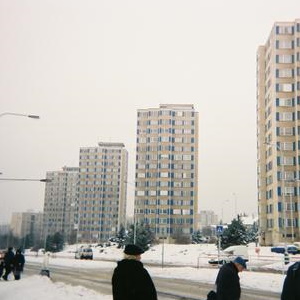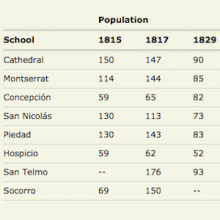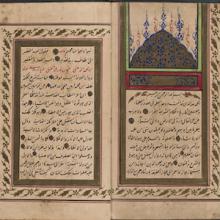Culture
Prace, Health
Following World War II, the peoples of Eastern Europe not only had increased access to affordable, hygienic housing, they also had improved access to health care.
Rudé Pravo Alcohol and Cigarette Abuse
Alcohol and cigarette consumption were very regular parts of everyday life for great numbers of Eastern Europeans, including youth, during the Cold War era. In fact, these countries had some of the highest alcoholism rates in the world and a very large percentage of the population smoked.
Rudé Pravo, Music
The history of music, including rock, punk and heavy metal, forms a fascinating chapter in the history of everyday life in Cold War Eastern Europe.
Rudé Pravo, Youth Discontent
In Communist Eastern Europe much propaganda was directed toward young people, who party leaders correctly viewed as forces important for the future of the state.
Samizdat, Houses of Culture and Entertainment
During the Cold War era an interesting public space called "the house of culture" (or sometimes "the palace of culture") proliferated throughout the East Bloc.

Panelaks and Housing Estates
During the first half of the 20th century shortages of hygienic, affordable housing were common in Eastern Europe.

Long Teaching Module: Parents, Children, and Political Authority in 19th century Argentina
Between 1810 and 1860, Argentina emerged as a deeply divided nation. One of the main problems that remained unresolved throughout the 19th century was how power would be shared between Buenos Aires, the capital, and the rest of the provinces.

Long Teaching Module: Education in the Middle East, 1200-2010
In recent years, westerners have been fascinated by the education of children in the Middle East, raising concern over whether or not schools teach extreme radicalism or anti-Americanism.
Rudé Pravo, Housing
Rudé Pravo was the Czechoslovak equivalent of the Soviet newspaper Pravda. Both were the official daily news publications of their respective Communist governments; both depicted the official version of truth about current events and conditions.
Samizdat, Tuzex
Tuzex, short for Tuzemský export (or domestic export), was a set of special stores in Communist Czechoslovakia. The Communist Party established Tuzex in 1957, in order to draw hard currency from citizens' pockets into the coffers of the state.